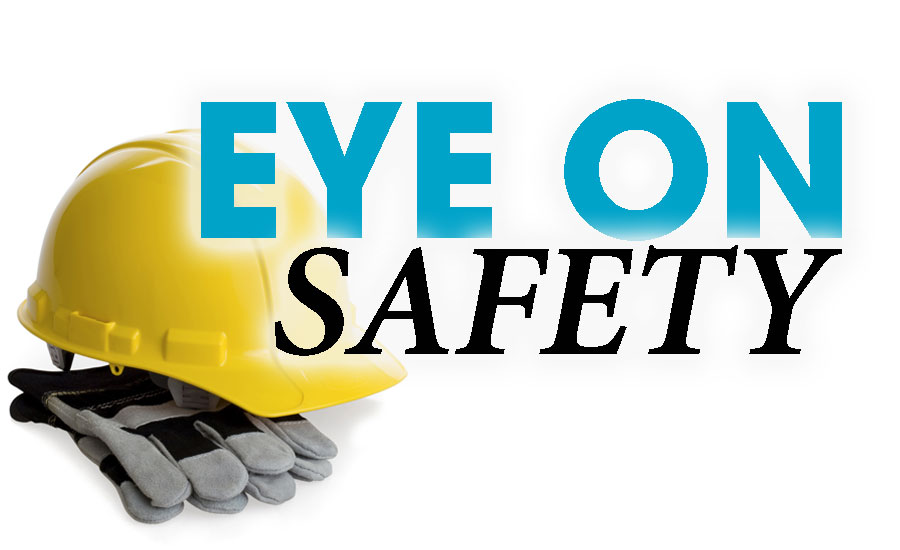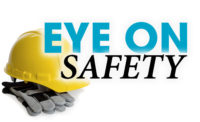If you could save your company thousands of dollars in insurance costs, would you do it? If you could increase your borrowing ability from your lenders, would you do it? And finally, if you could vastly improve the lives and safety of your employees, would you do it? The answer to each of these should be yes.
The Occupational Safety and Health Administration is a multifaceted agency whose primary mission is to ensure companies operate in a safe environment. While those that don’t run the risk of fines and punishment, the reality is they risk far more, endangering the lives of those who come to work each day to do their part to enable the company to turn a profit.
OSHA also aims to be a resource for businesses and groups such as ASA. Through its various cooperative programs, businesses, labor groups and others can work cooperatively with OSHA to help prevent injuries, fatalities and illnesses in the workplace. ASA had an alliance with OSHA from 2009-2015. Through its alliance programs, OSHA works with groups committed to worker safety and health to prevent workplace fatalities, injuries and illnesses. OSHA and the groups work together to develop compliance-assistance tools and resources, share information with workers and employers, and educate workers and employers about their rights and responsibilities.
OSHA’s Strategic Partnership Program provides the opportunity for the agency to partner with employers, workers, professional or trade associations, labor organizations and/or other interested stakeholders. Each OSPP establishes specific goals, strategies and performance measures to improve worker safety and health. In a partnership, OSHA enters into an extended, voluntary, cooperative relationship with groups of employers, employees and employee representatives in order to encourage, assist and recognize their efforts to eliminate serious hazards and achieve a high level of worker safety and health. Partnering with OSHA is appropriate for the many employers who want to do the right thing but need help in strengthening worker safety and health at their worksites.
Voluntary protection programs recognize employers and workers in the industry who have implemented effective safety and health-management systems and maintain injury and illness rates below national Bureau of Labor Statistics averages for their respective industries. In the VPP, management, labor and OSHA establish cooperative relationships at workplaces that have implemented a comprehensive safety and health-management system. Approval into VPP is OSHA’s official recognition of the outstanding efforts of employers and employees.
OSHA’s Challenge Program provides interested employers and workers the opportunity to gain assistance in improving their safety and health-management systems. Challenge administrators experienced in safety and health guide Challenge participants through a three-stage process to implement an effective system to prevent fatalities, injuries and illnesses. Through OSHA Challenge, OSHA provides participating employers and workers an avenue to work with their designated Challenge administrators to develop and/or improve their safety and health-management program through mentoring, training and progress tracking. Challenge participants do not receive exemptions from OSHA programmed inspections.
OSHA Challenge’s three stages guide Challenge participants from the initial planning and development process through the implementation of an effective safety and health-management program. After each stage of completion, OSHA will provide Challenge participants with letters of recognition.
SHARP: Employers that have a full onsite consultation visit and meet other requirements may be recognized under SHARP (Safety and Health Achievement Recognition Program) for their exemplary safety and health-management systems. Worksites that receive SHARP recognition are exempt from programmed inspections during the period that the SHARP certification is valid. By achieving SHARP status, according to OSHA, companies have placed themselves in an elite group of small businesses that maintain exemplary injury- and illness-prevention programs. In addition, SHARP companies are granted an exemption from OSHA-programmed inspections for up to two years and subsequent renewal for up to three years.
Interested companies should review these programs and consider taking part, either through ASA or on their own. To learn more visit www.osha.gov/dcsp.





